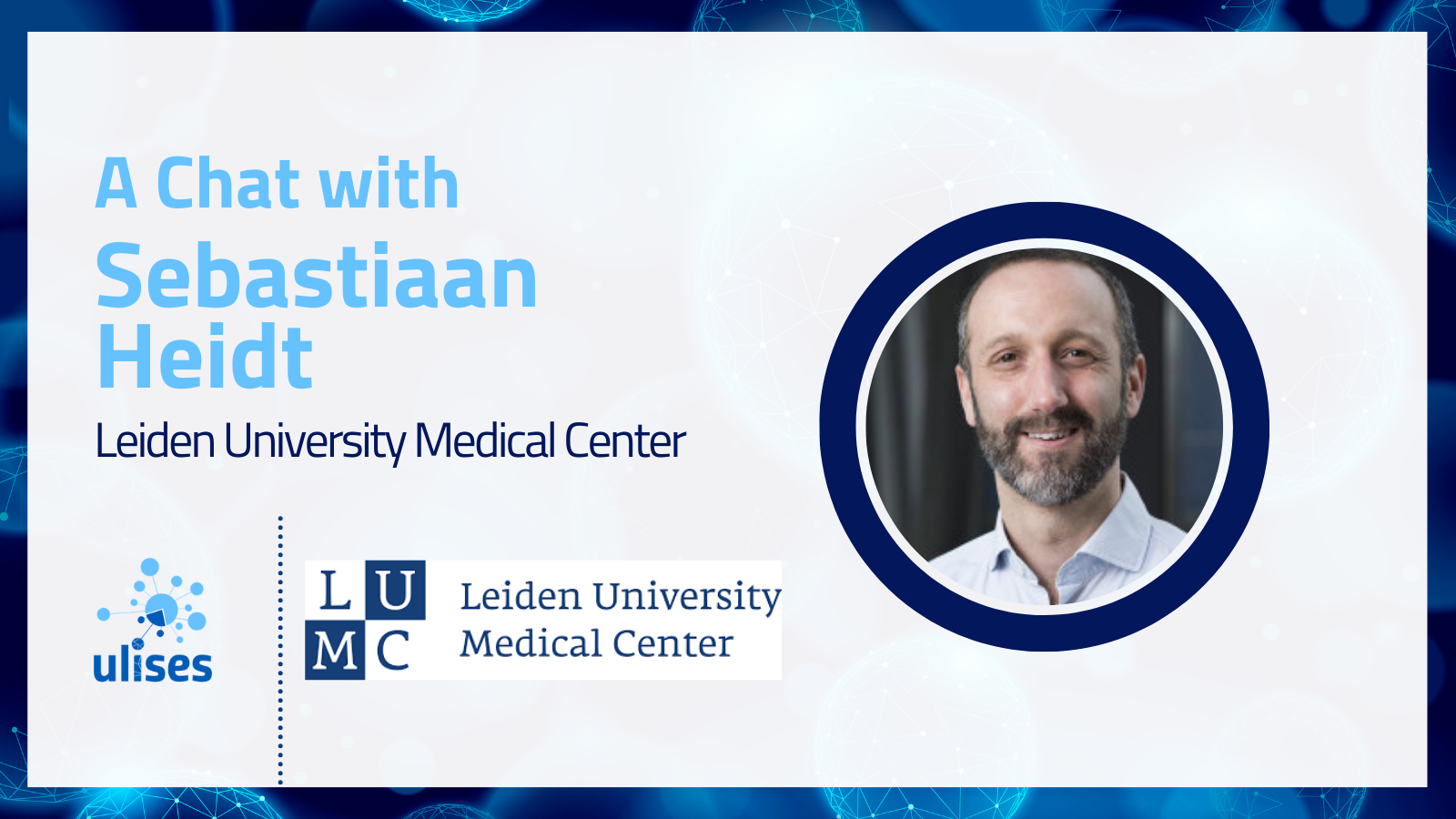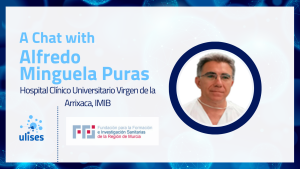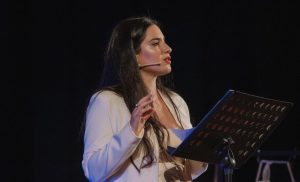In this interview, Dr. Heidt explains the contribution of Leiden University Medical Center to the immunological part of ULISES.
Dear Sebastiaan, thanks for accepting our invitation for an interview! First, could you explain the role of your team in ULISES?
I am involved in the immunological part of the project. In this role, I have helped develop the tools to identify the most immunogenic Human leukocyte antigen (HLA) mismatches for inducing a strong anti-tumour response. Our lab has also developed several recombinant human HLA-specific monoclonal antibodies that are pivotal for the project’s pre-clinical research and can serve as rescue therapy for patients who may not mount an adequate immune response themselves.
What type of expertise does your team bring to the project’s research objectives?
Our team has extensive expertise in differential immunogenicity of HLA mismatches in organ transplantation settings. In this context, we have developed specialized software to determine the extent of mismatches between HLA molecules on the molecular level. We are also the only lab in the world to make human monoclonal HLA-specific antibodies that serve as unique reagents for both research and therapeutic applications.
What does your research focus on?
For organ transplantation, we strive to maximize compatibility between organ donors and their recipients, and in the ULISES project, we aim to maximize incompatibility between tumor cells and the patient. Despite this, some patients might not mount an effective anti-HLA immune response themselves. This is where our HLA-specific monoclonal antibodies come in.
What is the most innovative aspect of your work?
We are the only laboratory in the world that combines computer-based algorithms for determining the relative immunogenicity of mismatched HLA with the development of reagents to specifically verify HLA immunogenicity.




